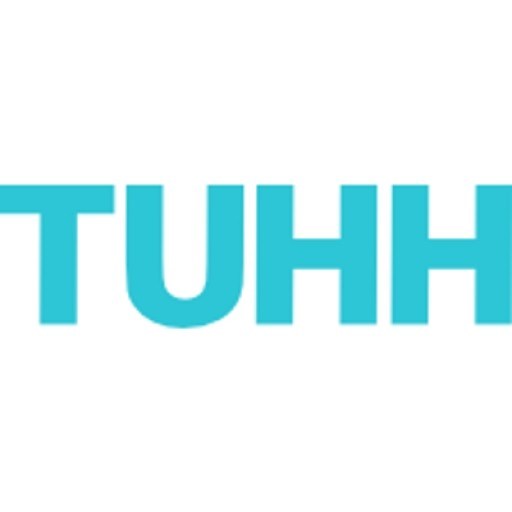Photos of university / #uni_bremen
You may also choose courses not on the list after consultation with the Master's Examination Board. Additionally, the programme contains a two-semester Master's seminar: in the first semester you will give a presentation about your background, your country, your home university, your Bachelor's work and/or working experience; in the second semester you will give a presentation and write a report on a topic of current research assigned by your mentor.Labs offer an opportunity for experimental work.
In a project, a scientific assignment for half a semester is given. It consists of scientific work, a written report and an oral presentation.
The Master's thesis completes the course.
The compulsory courses and labs are: System Theory, Electrodynamics, Communication Technologies, Wireless Communication Technologies, Advanced Digital Signal Processing, Communication Networks: Systems and Theory, RF-Front-End Devices and Circuits for Wireless Communications, Antennas, Information and Communication Technology Lab I and II, German Language Course.
Elective courses can be chosen from a list of topics: e.g. Channel Coding, Advanced Topics in Digital Communication, Dynamic Systems, Advanced Control Systems Lab, Control Theory, Real-Time Software Design, Digital Electronics and Microsystems Technology Design Techniques, Wireless Local Area Networks, Optoelectronic Components for Information Transmission and Sensors, Next Generation Mobile Communication Systems, Microwave Components and CAD Methods for Satellite and Mobile Communications, Fields and Waves, Stochastic Simulation.
Educational organisation
The programme is structured as three semesters of lectures, exercises, seminars, and laboratory courses, comprising compulsory modules, additional elective courses, a project and a Master's thesis.The following institutes and departments are responsible for the organisation of the programme:
Institute for Telecommunications and High-Frequency Techniques (ITH)
- Communication Networks (ComNets)
- Department of Communications Engineering (ANT)
- RF & Microwave Engineering (HF)
Institute for Microsensors, Actuators and Systems (IMSAS)
Institute for Electromagnetic Theory and Microelectronics (ITEM)
Institute for Automation (IAT)
Study abroad unit(s)
Not explicitly defined; students have the opportunity to complete projects and their Master's thesis in industry research projects.Internships
Internships as such are not a part of the curriculum, but the project and the Master's thesis can be completed in industry research projects.Forms of assessment
Oral and written exams, seminar presentationsProject: report and presentation
Master's thesis: report and presentation
Course objectives
The goal of the course is to acquire a broad understanding and knowledge in the field of Communication and Information Technology, e.g. communications engineering, microwave technology, (wireless) communication networks, as well as an introduction to some non-technical subjects. Engineers from Communication and Information Technology are needed in a wide range of fields including industrial and non-industrial research, planning, development, implementation, production, distribution, and maintenance of all types of information technology systems.Language requirements
Certificate of adequate language proficiency (e.g., TOEFL with at least 550 points [or 213 points for CBT])(A Bachelor's degree taught in English can be accepted, but a language certificate is advisable.)






